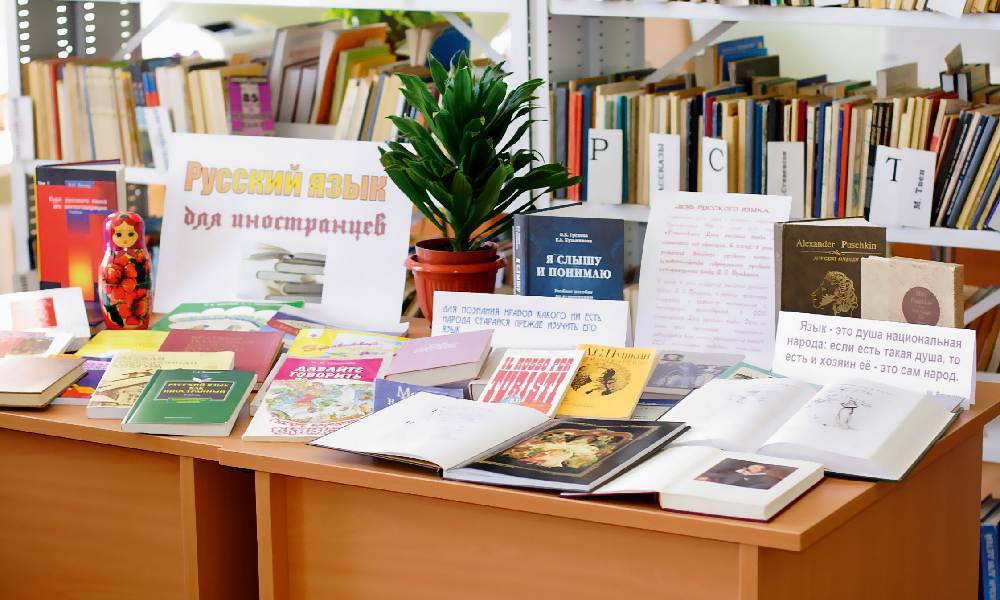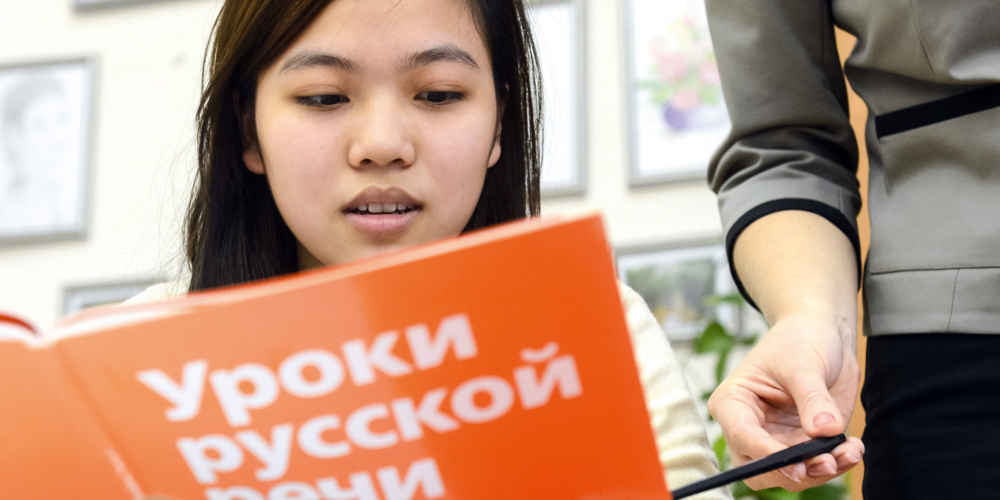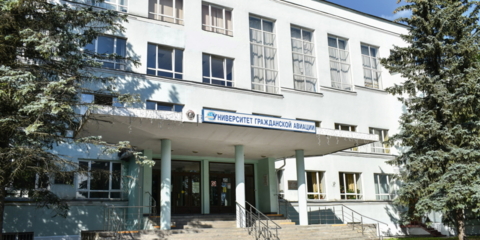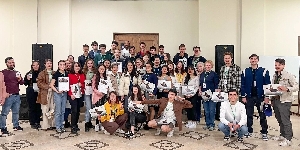Each language is a symbol of the country where it exists and develops. It is a product and a translator of a nation’s culture at the same time. No wonder that the global role and importance of a language depend on a country’s role and place in the world, in particular, in politics, economy, science, and culture. In the 21st century, Russia’s role in global politics and economy becomes more and more prominent, which increases the popularity of the Russian language in large part: an interest in Russia keeps up an interest in the language as well.
Natalia Tatarinova, Dean of the Pre-University Education Department of Pushkin State Russian Language Institute, answers our questions about the aspects of Russian language learning.
About learning difficulties
– Russian is spoken outside Russia, too. Russian is the world’s sixth language by popularity among language students and the eighth most spoken language by the number of native speakers. Russian is also one of the official languages in Belarus, Kazakhstan, and other former USSR countries. A total of around 270 million people speak Russian worldwide. Besides, it is considered a world language and has the status of an official language at international organizations such as the UN, UNESCO, the IOC, the IMF, and others. And there is one more interesting fact: Russian is the second most popular internet language.
Russian is difficult to learn: unfamiliar phonetic and intonation structure (e.g., sound [s] or a question without a question word: "Eto tvoj telefon?"/Is this your phone?, six cases, verbs of motion (prijti – ujti – vyjti – podojti – otojti – zajti – dojti – …). So, to answer the question about how difficult Russian is for foreigners, we have to revise general linguistics.
Russian is a synthetic language. What does it mean? Simplifying a convoluted theory, we can say that synthetic languages are languages that convey relationships between words in sentences by way of flexions (endings). And languages that primarily convey relationships between words by way of prepositions and word order are called analytic. French and English are analytic languages.
Chinese, Vietnamese, and other languages belong to the group of isolating languages. In such languages, words do not change, and relationships between words are conveyed by way of functional words and word order in sentences. A sentence itself is a sequence of unchangeable roots whose boundaries coincide with the word boundaries.
Native speakers of English, French, Chinese languages often choose to study Russian! They find it difficult, but it is possible to learn Russian. Well-developed RFL teaching methods and highly qualified RFL teachers are the keys to success in learning Russian.
Миссия выполнима
– Влияет ли возраст человека, начинающего изучать русский язык, на успехи в обучении? Известно, что дети младшего возраста – отличные имитаторы, они не боятся произносить иностранные слова, не боятся допустить ошибки в своей речи. Взрослому же человеку гораздо легче проанализировать сходство и различие родного и иностранного языков, что существенно облегчает процесс обучения.
Поэтому первое, что стоит понять, овладение русским языком не зависит от возраста ученика.
Во-вторых, считается, что в языковой среде студенты намного быстрее осваивают систему русского языка, легче пополняют свой лексический запас, быстрее преодолевают языковой барьер и не испытывают серьезных трудностей при аудировании и говорении.
В-третьих, национальность человека. Очевидно, что русский проще всего дается носителям славянских языков.
Сходство фонетической, лексической и грамматической систем существенно облегчает студентам-иностранцам процесс изучения русского языка. Но в практике любого преподавателя есть студенты – носители неславянских языков и культур, освоивших русский язык на высочайшем уровне.
Наконец, существуют разные способы изучения языка: самостоятельно или с преподавателем. Если язык изучается с преподавателем, то следует учитывать квалификацию специалиста. Часто от профессиональной компетенции преподавателя зависит успешность иностранного студента в овладении русским языком.
Изучение языка будет даваться проще тем студентам, которые занимаются с настоящим профессионалом – преподавателем, имеющим высокую квалификацию в области методики преподавания РКИ, преподавателем, который вне зависимости от возраста, национальных и прочих особенностей студента сможет научить иностранца говорить, читать и писать по-русски, откроет для него мир русской культуры.

www.skunb.ru
In the Mikhail Lermontov Library
As international students say, Russian is difficult to learn, but it is possible to master it. The most difficult things for many are grammar, cases, verbs. You should use correct word stress. Otherwise, the words can change their meaning.
However, everybody shares an opinion that studying the Russian language and Russian culture in general is exciting. It is no secret that the best way to learn the language is to immerse in the language environment and constantly communicate with native speakers. So though seemingly impossible to overcome all difficulties, students master the language. Some start speaking fluently, reading the best classic Russian books.
28.06.2022








